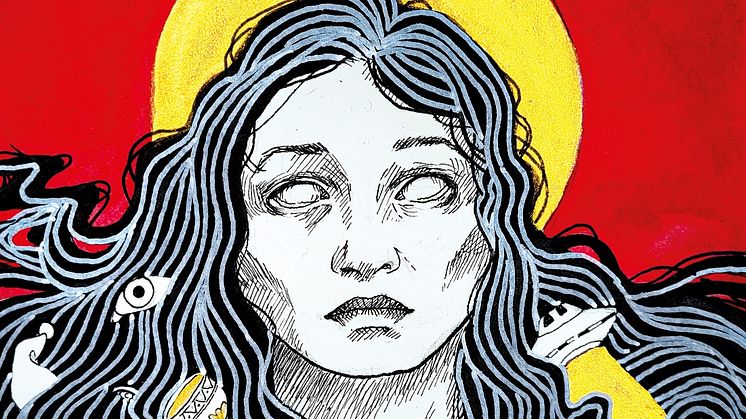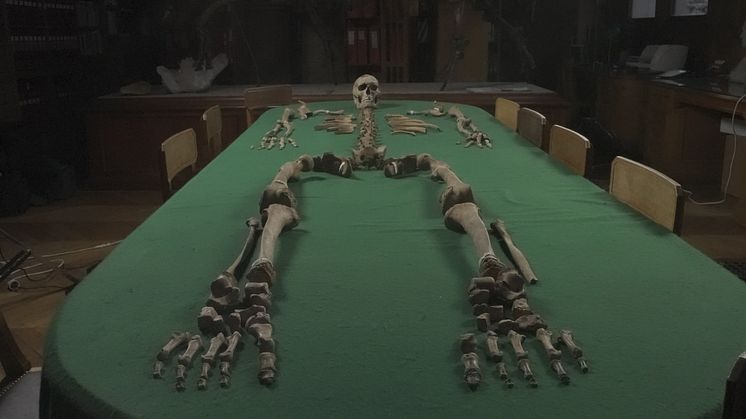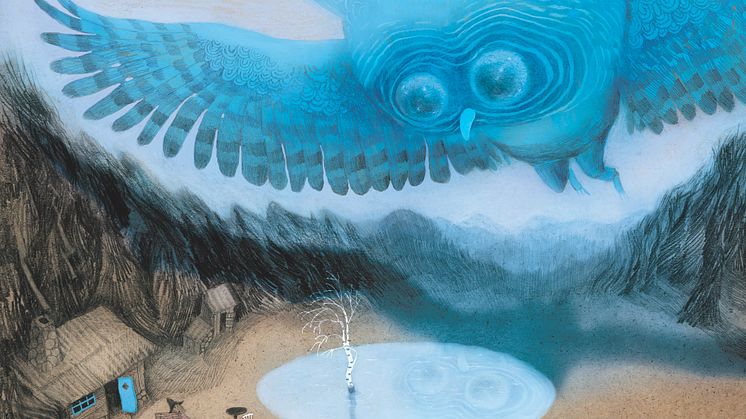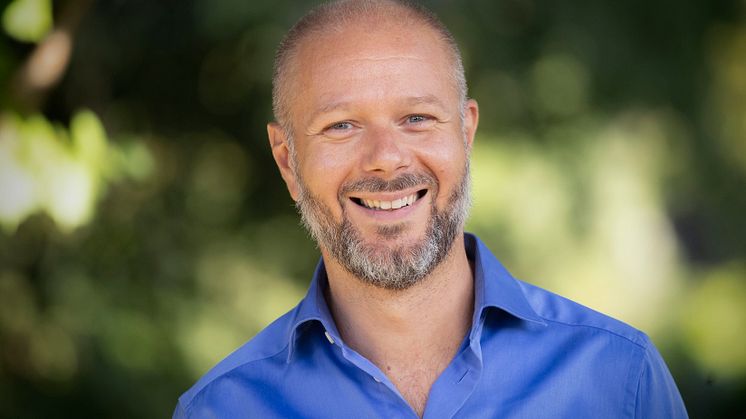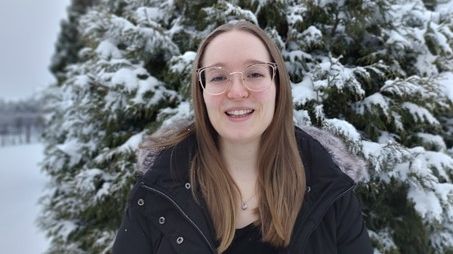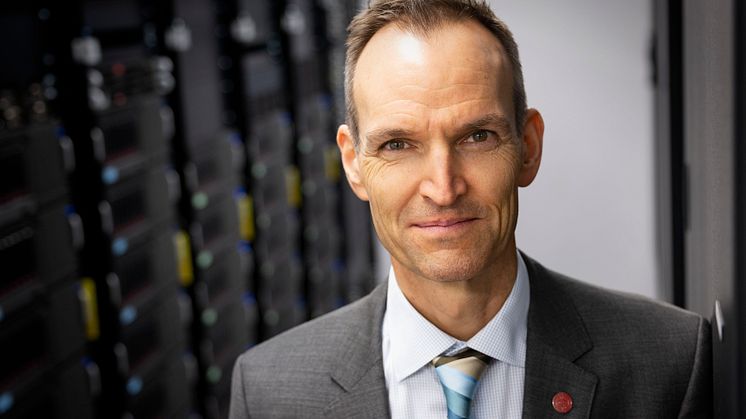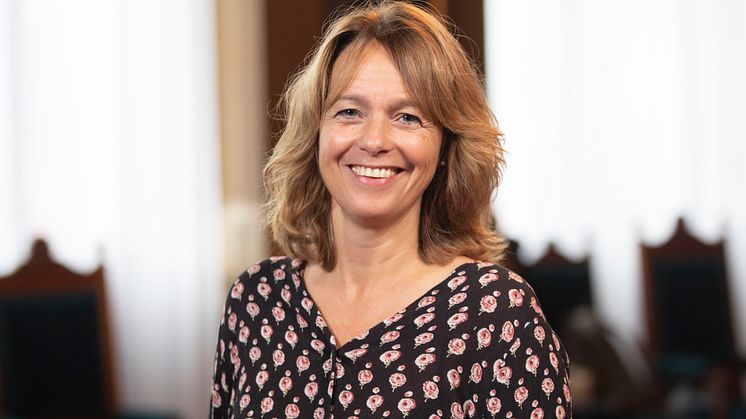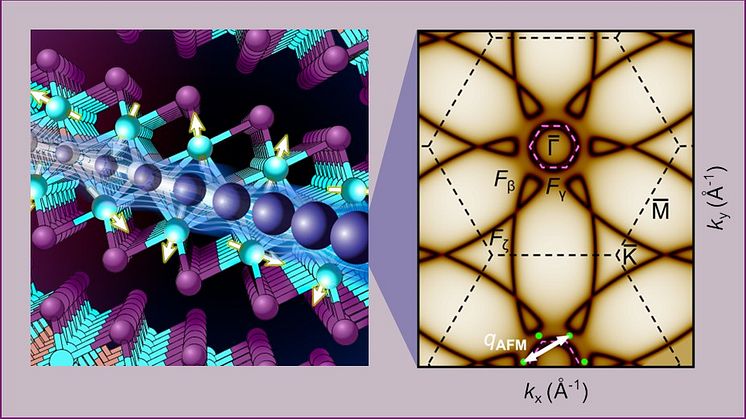Four out of ten Swedes believe in supernatural phenomena
Belief in phenomena such as ghosts, UFOs, the Great Lake monster and fortune tellers is common in all social groups in Sweden. A new study from Uppsala University shows that 41 per cent of adult Swedes believe in some form of paranormal phenomenon, and among women this figure is as high as 52 per cent. However, men are in the majority among those who believe in UFOs.
